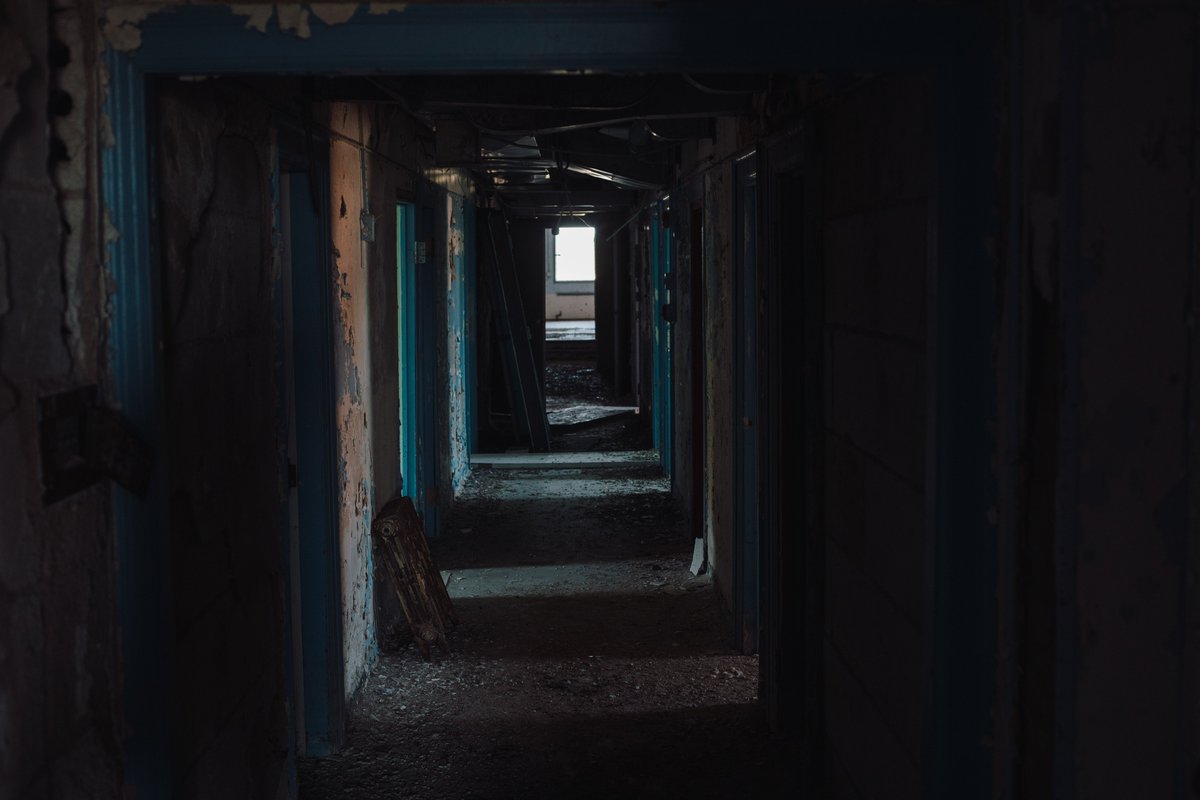
Starting July 1st, most people in British Columbia and Alberta are allowed to leave their homes without a mask for the first time in months. The same thing will happen in Saskatchewan on July 11 as the province rescinds a host of COVID-19 restrictions.
tgam.ca/3qG0Dkm
tgam.ca/3qG0Dkm
Some infectious disease experts, however, say western Canada is relaxing mask rules too soon because the more-contagious Delta variant is spreading across the country before many have received their second dose of the vaccine.
tgam.ca/3qG0Dkm
tgam.ca/3qG0Dkm

Leighanne Parkes, an infectious disease specialist, says it puts an unfair burden on front-line workers.
“Masks are going to protect your employees, but it’s really hard to enforce that when you have people saying ’I don’t need to wear masks.’”
tgam.ca/3qG0Dkm
“Masks are going to protect your employees, but it’s really hard to enforce that when you have people saying ’I don’t need to wear masks.’”
tgam.ca/3qG0Dkm

Roughly 42% of Alberta’s eligible population have received two doses of a vaccine, but @swsmith72, an infectious-disease physician, says that rate should be at least 60% before people are allowed to go out in public without masks.
tgam.ca/3qG0Dkm
tgam.ca/3qG0Dkm

“In my ideal world, we would have continued to have a mask mandate for indoor spaces at least for the foreseeable future until we see the vast majority of people are fully vaccinated,” @swsmith72, an infectious-disease physician, says.
tgam.ca/3qG0Dkm
tgam.ca/3qG0Dkm

On June 25, the Public Health Agency of Canada recommended Canadians mask up when indoors with strangers if they have only had one dose of vaccine or none. Those who have had two doses can use their discretion in these circumstances.
theglobeandmail.com/politics/artic…
theglobeandmail.com/politics/artic…
“I thought our Canadian identity was about taking care of your neighbour. If that’s our Canadian identity...then masking up should be part of that because we’re taking care of our neighbours,” @AmyTanMD, associate professor of medicine at @UBC said.
tgam.ca/3yhe90l
tgam.ca/3yhe90l

• • •
Missing some Tweet in this thread? You can try to
force a refresh















